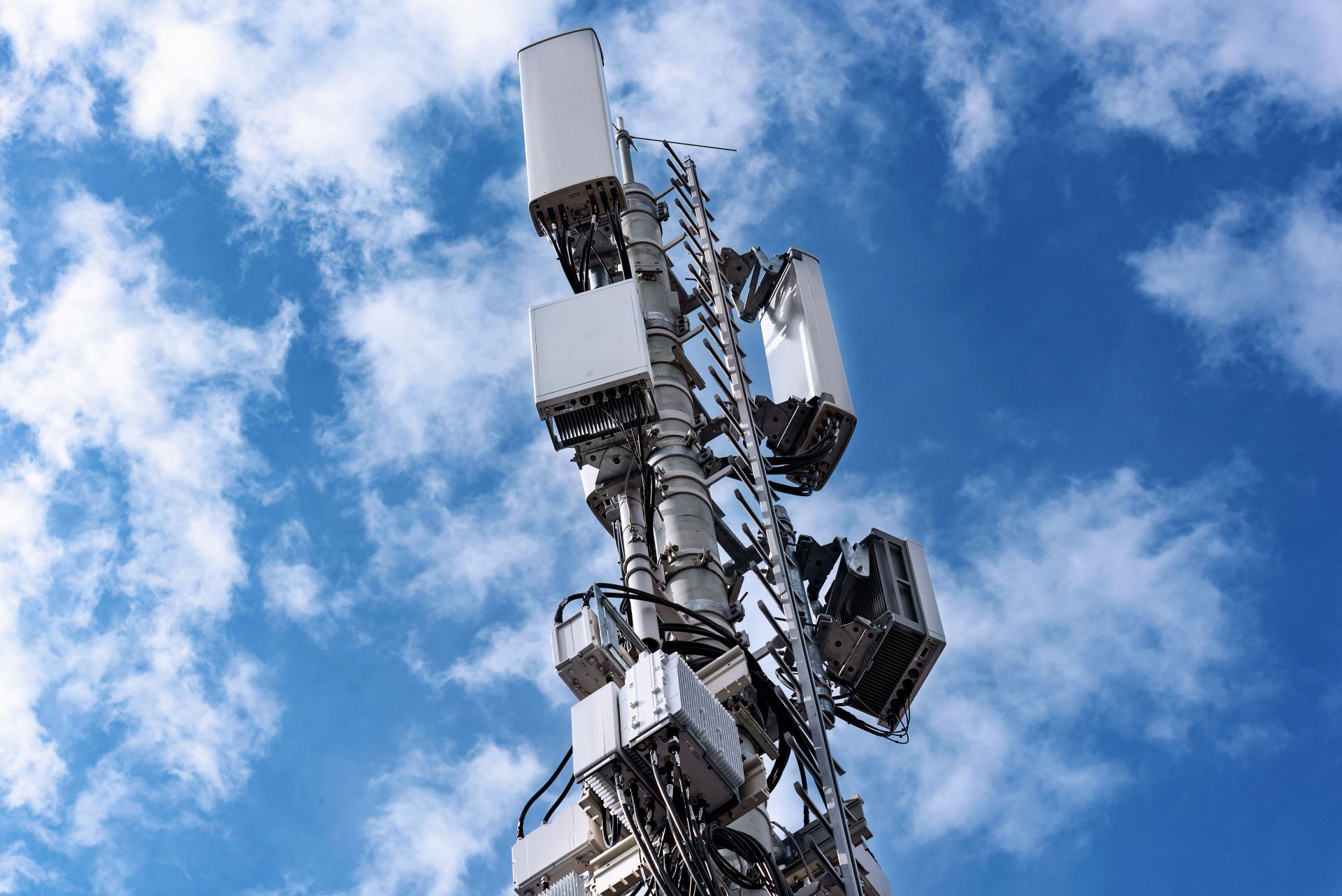Fixed-line and mobile telephony
Almost every Swiss citizen has access to fixed-line and mobile phone networks. Switzerland was one of the first countries in the world to introduce 5G. Mobile phones have become extremely popular and are gradually replacing landline phone services.

Switzerland has one of the highest levels of mobile phone usage, with almost 100% of the population connected to a mobile phone network. This is due to the convergence of mobile telephony, the internet and good mobile networks. Over 20,000 transmitters in three national mobile networks enable interactive voice and data transmission via GSM, 3G/UMTS, 4G/LTE and 5G. Based on an Opensignal report, Switzerland was a global leader in 5G coverage in 2022.
The mobile communications networks operate in a free market in which a large number of service providers compete for customers. The market leader is Swisscom, a public limited company in which the Swiss Confederation is the majority shareholder. Other major providers include Sunrise and Salt.
Fixed network telephony as a basic universal service
Switzerland's mobile and fixed networks both operate in a free market, although the state ensures basic fixed-network telephony coverage throughout the country. However, landline phones are increasingly being replaced by mobile phone services and the number of fixed network subscribers has almost halved since 2000.
Network capacity is expected to increase significantly as fibre optic cables in homes replace copper phone lines. In addition, IP telephony (via the internet) has now replaced conventional analogue and digital (ISDN) technologies.

